Linda A. Curtis’s shocking memoir, Shunned: How I Lost My Religion and Found Myself, follows the life of a young woman who leaves everything behind to leave the Jehovah Witness church. This new release is a 2018 must-read and we have an exclusive look at the compelling story.
Pick up the book today to read the rest of this mesmerizing memoir.
From Chapter 18
Context: Linda is living in Chicago and has just been expelled from the Jehovah Witness church, adjusting to no contact with her family.
Massive waves of energy were freed up now that I was no longer hiding my life from my family. Like a spring held tightly in the hand, then released, I bounced through life loose and free. It was the middle of summer—time to party. I crammed the months with activity. I missed my family, of course, and in quiet moments I felt forlorn, but more than anything I was giddy in the absence of their pestering.
I believed the worst of the experience was behind me; the full scale of my loss hadn’t hit yet. Little did I know how many heart-wrenching moments lay ahead. But early on I made excuses for my family’s behavior, as I had been taught to do. Hadn’t I, through the years, shunned people who’d been disfellowshipped, turning my head, avoiding the gaze of someone I passed on the street or in a store? I repeatedly told myself that my family had no choice but to do the same if they wanted to stay true to God and their religion. No matter, I thought, as I practically levitated from the freedom from having to please them, the elders, and angry old Jehovah. Those days had an urgency, as though I needed to swallow life whole and satisfy the pent-up and greedy hungers of my soul. So I decided to try everything that called to me, explore all ideas, and keep my dance card full. Armageddon may or may not have been coming—I hadn’t sorted that out—but I’d come this far, and I might as well have a good time.
My career continued to blossom, and my sales numbers skyrocketed. I was comfortable navigating around greater Chicagoland and was regularly flying to Houston, where I was starting to get traction in that banking community. When talking about the industry, I spoke with authority. I had a steady paycheck, a commission check in the queue, and the respect of my peers.
That summer, I also set a goal of participating in three century rides—organized cycling events where participants bike one hundred miles over one or two days. Training for these rides, playing beach volleyball with a team I’d joined in the spring, and personal-training sessions at my gym helped fill my evenings and burn off stress.
In addition, eligible, attractive men were everywhere, and I had no trouble meeting them. I enjoyed playing the field, no longer anchored by the obligation to think of each suitor as a potential marriage mate. I was living the life my new friends had lived in their college years and early twenties, back when I was newly married and knocking on doors full-time.
David and I met when I responded to his personal ad in the Reader. He was fair-haired and sturdy, wore cool wire-frame glasses that accentuated his genuine intelligence, and had a wicked, self-deprecating Jewish sense of humor. After one date, it was clear we would be no more than friends, but friends indeed. He became like a brother to me, and we sought each other out to sort through the nuances of our respective encounters with the opposite sex. At one point, which David affectionately referred to as my “slut period,” I was dating five men and “knowing” them all in the biblical sense. The men included a well-to-do pediatrician who lived in my building and hinted at giving me a mink coat for Christmas; a mortgage broker I rendezvoused with whenever I traveled to Houston; a ponytailed graphic artist who tended bar at night; Harper, who’d become a cherished friend and steady cycling partner; and Andrew, a seductive man, eight years my junior, from my beach volleyball team. (Because of our age difference, David and I referred to him as my “boy toy,” a characterization Andrew embraced.)
“Do you even have a type?” David asked one day, as we steered our bikes out of his garage and toward the lakefront. I laughed at the question as I put my helmet on.
Ever attentive to doing things the “right way,” I’d been honest with each beau about my level of commitment, declaring I was newly divorced and not interested in getting tied down. Everyone proclaimed acceptance of my terms, a few finding my detachment liberating, others seeing it as an irresistible challenge to win me over. I told myself as long as I was practicing safe sex, no harm would come to me.
David was right. These men couldn’t have been more different, in their ages, their accomplishments, their politics, their boundaries, and the way they made love. It was fascinating to observe the different sensations, techniques, and positions each one favored. Every encounter provided a place to experiment, seeking some hint of who I was in the reflection of each lover’s eyes.
Around this time, my work friend Debbie invited me to rent the top-level apartment of her three-story brownstone. The apartment was huge, with two bedrooms, a separate dining room, and a sitting area off the living room that led through French doors to a spacious balcony. It oozed with architectural charm, hardwood floors, high ceilings, and a claw-foot tub. Accepting her offer allowed me to triple my living space and reduce my rent expense by hundreds of dollars each month.
The more I settled into my work and home, the more I noticed the lack of spirituality in my life and an ever-present yearning to find meaning in my situation. I continued listening to the taped lectures on a Course in Miracles but wanted to branch out in my quest for understanding. Seeking a replacement for my lifelong habit of reading the Society’s literature, I picked up the book The Seven Spiritual Laws of Success, by Deepak Chopra, to read at bedtime. Chopra spoke of energy and spirit in a fresh, approachable way and introduced me to the novel idea that we can be in the presence of divinity without a godhead. In the past, this would have struck me as blasphemy, but now I was intrigued. It was also the first time I heard an explanation of karma directly from a Hindu practitioner. Up until that point, my sole exposure to that principle had come from Watchtower discussions, which dismissed karma as unnecessary if you exercised faith in the redeeming value of Christ’s ransom. This new perspective made me feel light and quietly determined. It was a message of self-responsibility: I as The Creator. Chopra’s writings about the power of our intentions put words to the truth of my own experience. Hadn’t I shaped and molded a new, compelling life for myself? It was the perfect thing to read at night, closing each day with fresh, affirming ideas about the never-ending nature of all things.
On top of everything else I was doing, I started pursuing my undergraduate degree through night classes at DePaul University and volunteering one Saturday a month for various community projects. I felt a strong desire to give something back to the city that had taken me in. From an early age, I’d been taught the importance of making a contribution to one’s community by preaching and teaching, and now I felt the vacuum of an abandoned habit. Also, I wanted to deliberately place myself in environments that were different from my WASPy, white-bread world. My motives were as much self-preserving as they were charitable.
This desire led me to a nonprofit group called Chicago Cares, which organizes all sorts of community projects in such a way that “busy professionals” can participate. Everything was hands-on. I selected a different project each month, taking my pick from environmental programs like maintaining a city park, sorting donations at a food depository, or working with seniors. I succeeded in filling my Saturdays and exposing myself to the underbelly of Chicago, compared to which my own situation seemed quite charmed.
After several months of this full and intense lifestyle, I realized that, while I wouldn’t give up my volunteering, friendships, work, night classes, or soul searching, I could not handle the emotional demands of juggling so many men. My ego loved the adoration and variety, but the pace was exhausting. I missed the comfort and simplicity of monogamy. The pediatrician did me a favor and broke up with me soon after I moved. David, who’d confirmed his reputation as a real mensch, was consulted about how to further narrow the field. Steve also weighed in like the true friend and brother he’d become. They both agreed that the long-distance Houston romance could be shut down quickly and without a lot of fuss. Done. That alleviated some of the pressure right away. For several weeks, I continued carrying on with three men. I vacillated between needing to take care of my emotional well-being and wanting to spare feelings. I was haunted by fears of being alone, which weighed down the process with a much bigger significance than it warranted.
“What do you want?” Cindy asked me over the phone, exasperated by my indecisiveness. It was a simple question, the one question I’d forgotten to ask myself. Nothing in my upbringing had encouraged me to think that way. I was still caught in the delusion that to ask that question was selfish. And out of Cindy’s clear reminder came clarity.
I knew I wanted to be with Harper—not for a lifetime, but for now. We’d been training together over the summer, and he’d kept me and my girlfriends looked after and entertained when he joined us on the first Wisconsin ride. The Michigan ride was also behind me now, and I was filled with a growing sense of accomplishment. My last hurrah would be the Hilly Hundred Century in late October. As summer turned to fall, Harper was the last person still committed to doing the ride, and I was glad for his company on the drive to southern Indiana. He was handsome and easy company, and I’d grown quite fond of him. My decision set, I brought the other entanglements to an end and was happy with my choice.
When it was time for us to make the drive to Indiana for our century ride there, we stuffed Harper’s Subaru with riding and camping gear. After months of training and preparation, we were off. The next day, we joined thousands of riders from all over the country, covering the first fifty miles, pedaling past acres of freshly tilled earth where cornfields had stood.
The weather cooperated beautifully both days, with dewy October mornings followed by sunny afternoons, red leaves flashing against a bright blue sky. I was in the best physical shape of my life. Volunteers waved flags and cheered us on as we approached the ninety-mile mark. Inside my head, I could hear my gym trainer’s mantra as he pushed me through a difficult series of weights. This is you, Linda, commanding your body to perform. This is you, exceeding your own limitations. Come on, now—send oxygen to those muscles.
I knew I would finish as long as I kept breathing and refused to listen to the barking pain in my legs and rear. We crossed over a series of railroad tracks, and the houses started getting closer together. After a sweeping downward turn, we passed more volunteers, cheering us home. We’d reentered Bloomington, and the route flattened out.
“We’re almost there!” Harper shouted. “I can almost taste the cold beer.” We crossed the line and raised our arms overhead, as if we’d just won the yellow jersey at the Tour de France.
I was completely worn out and elated, both proud to have followed through on my goal and relieved this century season was over. I thought about calling my parents and sharing the moment with them but pushed the idea aside. That wasn’t what we did with each other anymore, and they would not have welcomed a call from me. Instead, I accepted a hug and a cold beer from Harper and partied with my fellow bikers.
Shunned by Linda A. Curtis is available now!
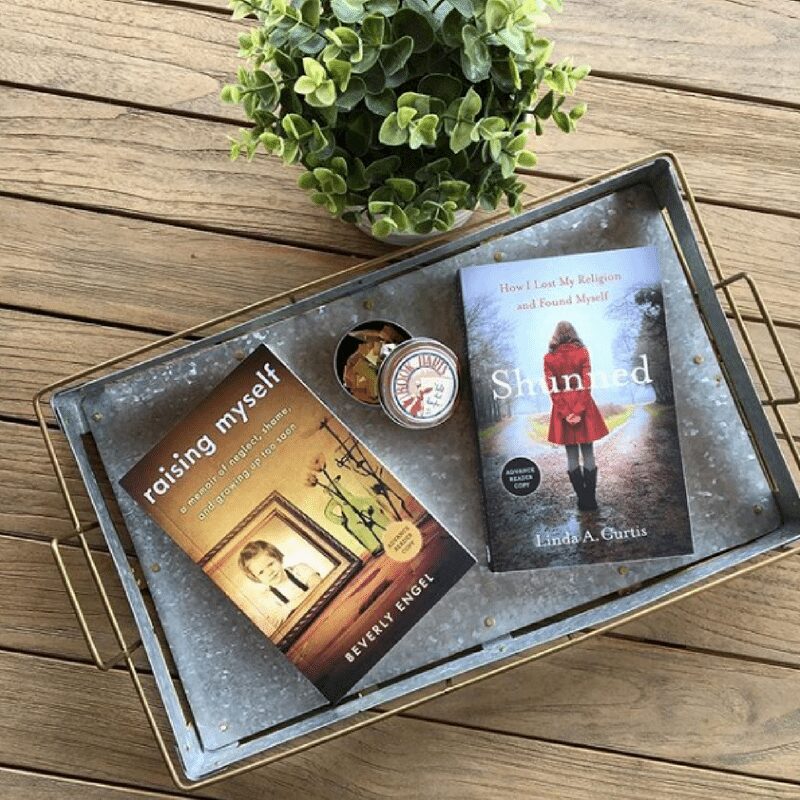
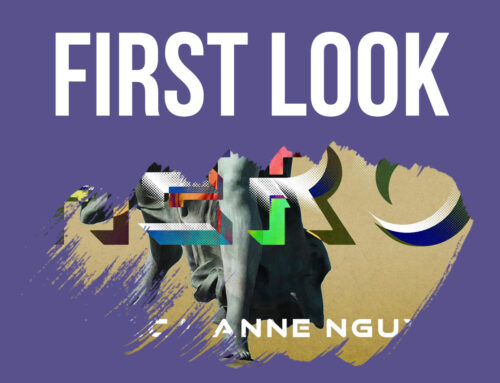
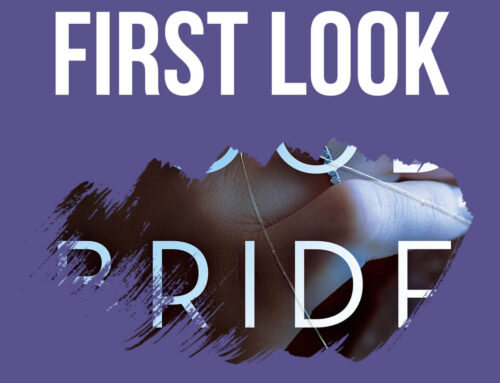
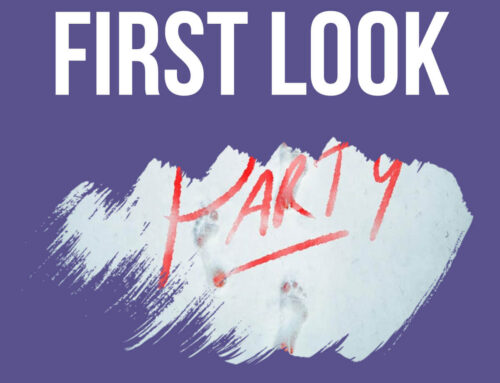

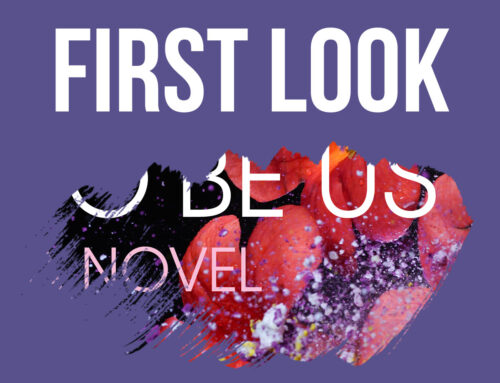
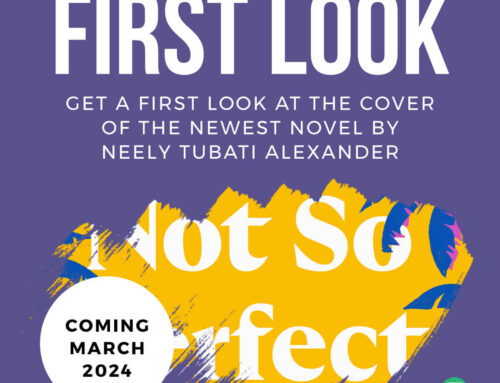
Leave A Comment